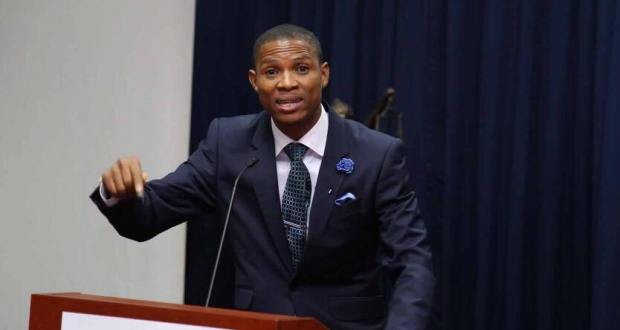Retrogressive and Unfortunate: Madina MP Slams Akufo-Addo’s ‘Rejection’ of Witchcraft and Other Bills
“So, the President misconstrued article 108 when he gave that as a basis to refuse an assent and it is quite retrogressive and unfortunate. Unfortunate because we are talking about a social problem that is destroying people, the life of most vulnerable people of our society—elderly women, widows, marginalised,”
- Advertisement -
“It is quite strange that at this last stage, the President would say that the bill has violated some Constitutional provisions. Once a bill has been admitted and has gone through all the processes and passed, it has become an act of Parliament. And no provision in the Constitution says that when an act has been by Parliament, the President can choose not to assent to the act on grounds that that act or its enforcement will in some respect have a charge on the Consolidated Fund,” he said.
The bills were initially introduced in the Parliament of Ghana on September 30, 2021, following the standard legislative process involving consultations and scrutiny by various stakeholders, including the Attorney-General, representatives from the Ministry of Defence, the Judicial Service, the Commission on Human Rights and Administrative Justice, and civil society organizations.
“Since the passage of this bill, while we were waiting for a Presidential assent, three more women have died on account of witchcraft accusations,” he said.
- Advertisement -
- Advertisement -
- Advertisement -


